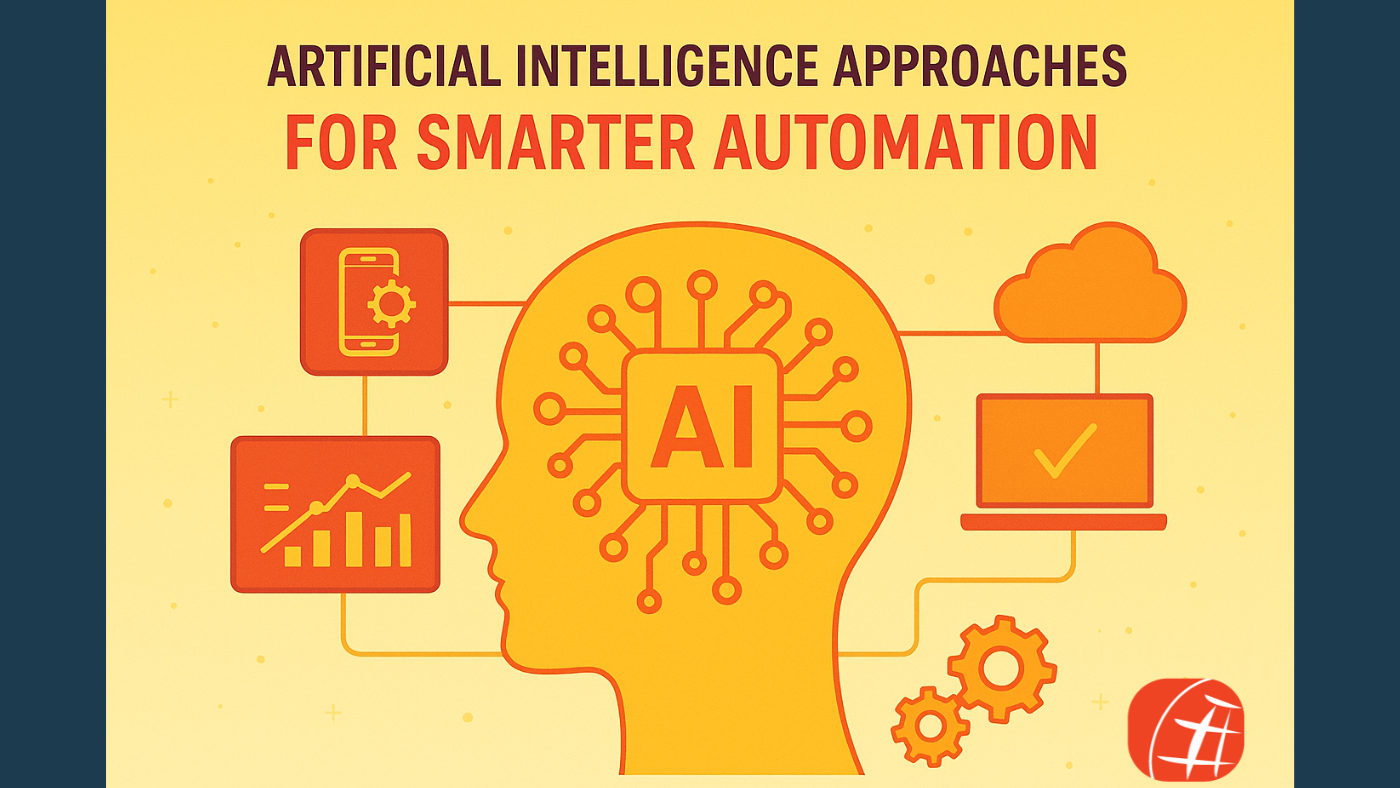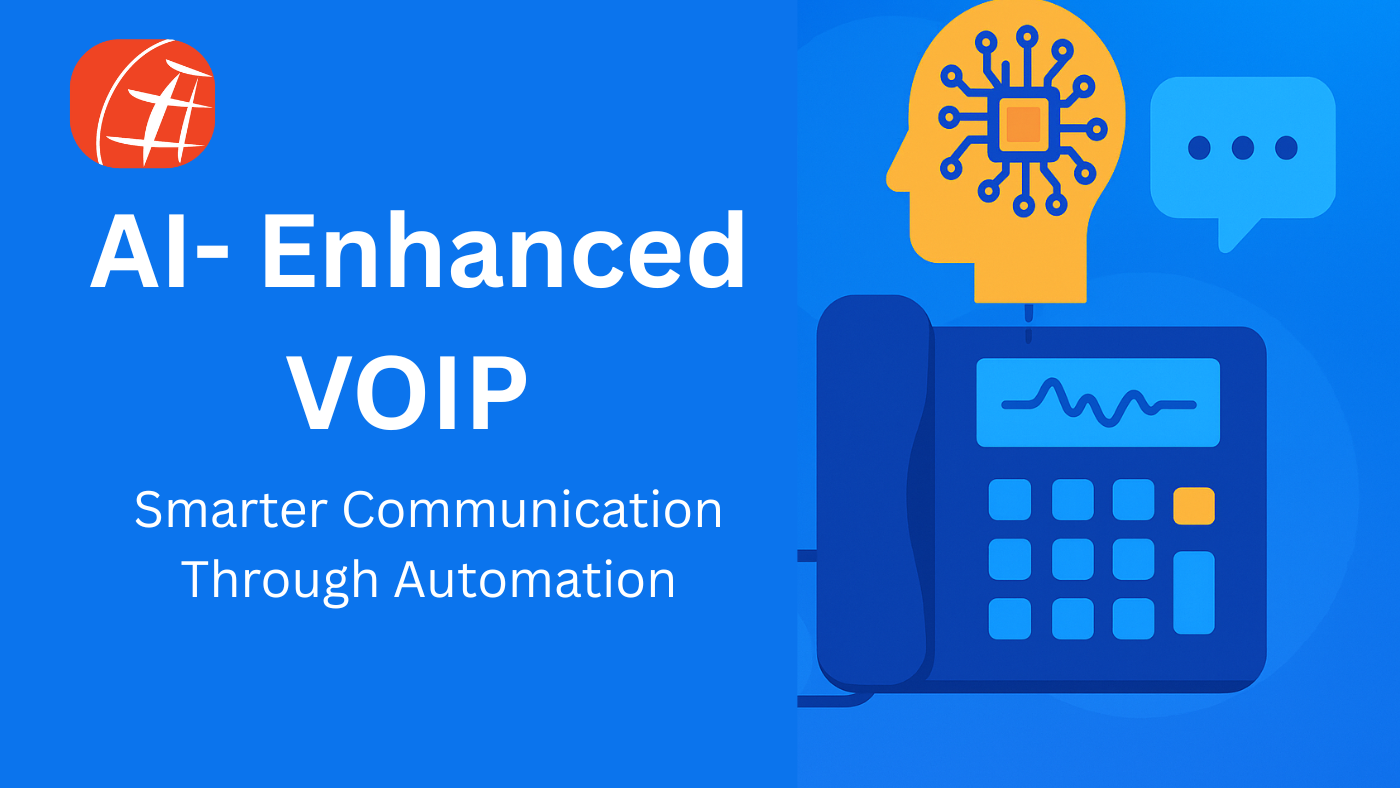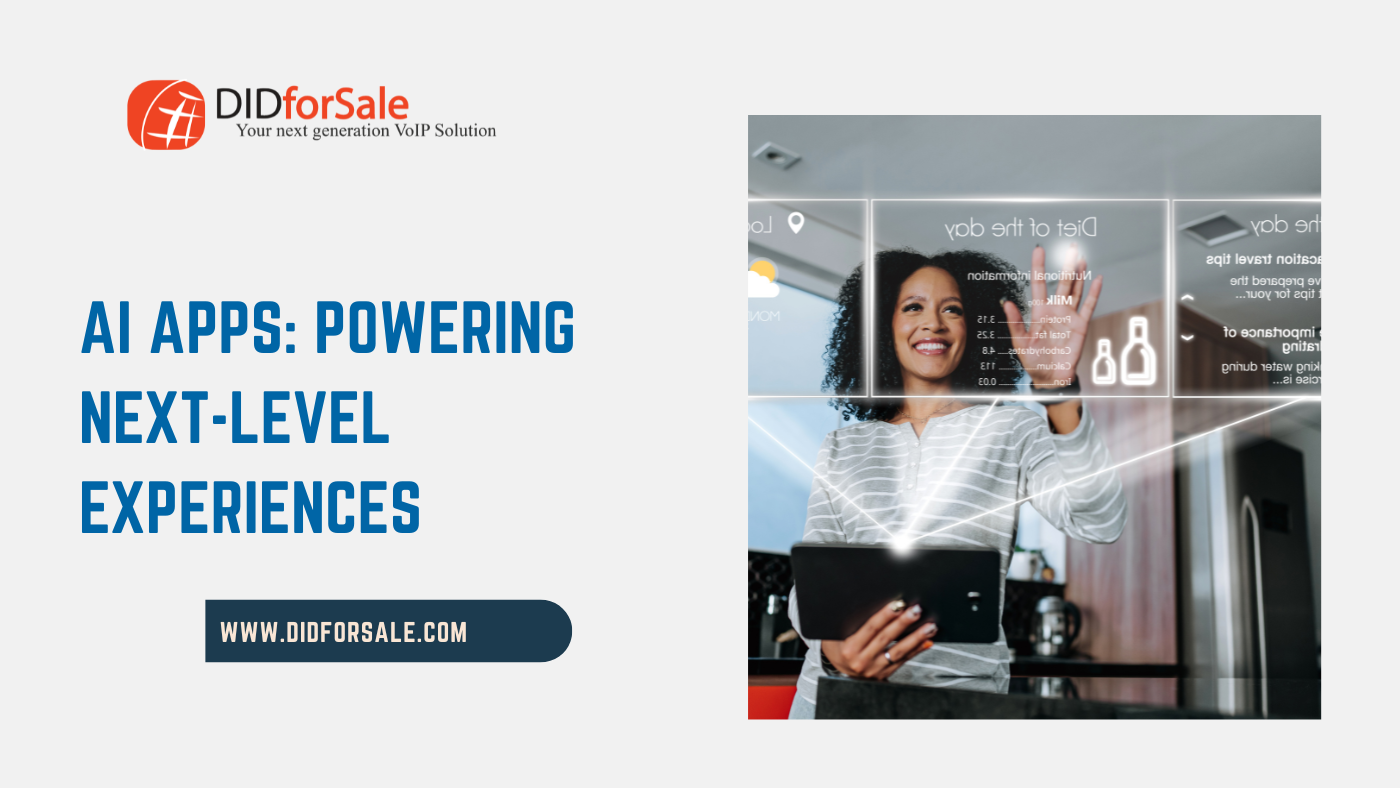Businesses are under constant pressure to streamline operations, reduce costs, and deliver exceptional customer experiences. One of the most powerful tools enabling this transformation is Artificial Intelligence (AI). By leveraging advanced Artificial Intelligence approaches, organizations are moving beyond traditional automation to achieve smarter automation that learns, adapts, and continuously improves.
This blog explores the key AI automation strategies, real-world applications, and the pivotal role AI plays in driving business process automation. Whether you’re a small business owner or part of a large enterprise, understanding these approaches can help you unlock new efficiencies and stay ahead in a competitive market.
What Are Artificial Intelligence Approaches?
Artificial Intelligence approaches refer to the various methods, models, and techniques used to create intelligent systems capable of performing tasks that typically require human intelligence. These include machine learning (ML), natural language processing (NLP), computer vision, and predictive analytics.
Unlike traditional automation that follows pre-defined rules, AI-powered automation uses data and algorithms to analyze patterns, make decisions, and optimize workflows in real time. This adaptability is what makes intelligent automation so valuable for modern businesses.
Some common AI approaches include:
-
Machine Learning (ML): Systems that learn from historical data to predict outcomes and improve over time.
-
Natural Language Processing (NLP): Technology that enables machines to understand and respond to human language, powering chatbots, virtual assistants, and voice recognition tools.
-
Computer Vision: AI that interprets and analyzes visual data, useful for quality control, security, and healthcare diagnostics.
-
Robotic Process Automation (RPA) with AI: A combination of rule-based automation and AI that handles complex business processes requiring decision-making capabilities.
By integrating these methods, companies can create AI-driven automation solutions for businesses that are smarter, more flexible, and more efficient than traditional tools.
The Role of AI in Business Process Automation
The role of AI in business process automation goes far beyond simply replacing manual tasks. AI enhances automation by adding intelligence to processes that previously required human judgment.
For example:
-
Customer Support: AI chatbots use NLP to answer questions, resolve issues, and even upsell services—reducing wait times and improving customer satisfaction.
-
Data Processing: AI algorithms analyze vast amounts of data to identify patterns, detect fraud, or generate predictive insights in real time.
-
Sales and Marketing: Machine learning models predict customer behavior, personalize campaigns, and recommend products, boosting conversion rates.
This intelligent layer transforms automation into a dynamic system that not only executes tasks but also optimizes them continuously.
Practical Applications of AI Automation
Businesses across industries are already reaping the benefits of practical applications of AI automation. Here are a few real-world examples:
1. Customer Communication
Companies are deploying Artificial Intelligence apps for call handling, SMS marketing, and virtual receptionists. For instance, VoIP providers like DIDforSale integrate AI with communication platforms to route calls, analyze customer interactions, and improve service quality.
2. Finance and Accounting
AI tools automate invoice processing, detect fraudulent transactions, and predict cash flow, saving countless hours of manual work.
3. Healthcare
Hospitals use AI to manage patient records, schedule appointments, and even assist in diagnostics using medical imaging and predictive analytics.
4. E-Commerce
Retailers leverage AI-powered recommendation engines to suggest products, forecast demand, and personalize shopping experiences for customers.
5. Telecom and Cloud Communication
In telecom, AI-powered automation helps manage call routing, monitor network performance, and provide 24/7 customer support. Businesses using smart automation in communication can reduce downtime and enhance service delivery.
These applications highlight how smarter automation with AI approaches is not just about efficiency—it’s about creating better experiences for customers and employees alike.
Key Benefits of AI-Powered Automation
Implementing AI automation delivers a wide range of benefits that extend across departments and industries:
-
Improved Efficiency: AI eliminates repetitive tasks, freeing employees to focus on strategic work.
-
Cost Savings: Intelligent automation reduces operational costs by minimizing human error and optimizing resource allocation.
-
Scalability: AI systems can handle growing workloads without the need for significant infrastructure or staff increases.
-
Data-Driven Insights: AI continuously analyzes performance data to provide actionable recommendations for process improvement.
-
Enhanced Customer Experience: By automating responses and personalizing interactions, AI improves customer satisfaction and loyalty.
These advantages make it clear why businesses are rapidly adopting AI-driven automation solutions for businesses as part of their digital transformation strategies.
How AI Is Used in Business Automation
The question is no longer if businesses should adopt AI, but how to implement it effectively. Here are some key areas where AI is used in business automation today:
-
Workflow Optimization: AI tools evaluate business processes to identify bottlenecks and suggest improvements.
-
Predictive Maintenance: Manufacturing companies use AI to predict equipment failures before they occur, reducing downtime.
-
Human Resources: AI helps with recruitment by screening resumes, scheduling interviews, and analyzing candidate performance.
-
Marketing Automation: AI-driven platforms create personalized campaigns and optimize ad spend based on customer behavior.
By applying these methods, businesses can achieve smarter automation and stay competitive in an increasingly AI-driven marketplace.
Choosing the Right Artificial Intelligence App
With so many options available, selecting the right Artificial Intelligence app for your business can be challenging. Here are some tips to guide your decision:
-
Identify Pain Points: Start by evaluating the processes that consume the most time or resources.
-
Assess Scalability: Choose a solution that can grow with your business.
-
Integration Capabilities: Ensure the AI app integrates seamlessly with your existing systems, such as CRM or VoIP platforms.
-
Data Security: Select providers that prioritize data privacy and compliance with industry regulations.
For communication needs, partnering with providers like DIDforSale can simplify AI integration with existing phone systems, ensuring your business enjoys the benefits of AI-powered automation without compromising security.
The Future of Smarter Automation
The future of intelligent automation lies in greater collaboration between humans and machines. Rather than replacing employees, AI will continue to augment human capabilities by handling routine tasks and providing insights that support better decision-making.
As AI algorithms become more sophisticated, expect to see smarter automation with AI approaches in every industry, from finance and healthcare to telecom and retail. Businesses that embrace these technologies early will be well-positioned to gain a competitive edge.
Final Thoughts
The rise of Artificial Intelligence approaches is revolutionizing how companies operate. By leveraging AI to automate repetitive tasks, optimize workflows, and enhance decision-making, businesses can achieve AI-driven automation solutions for businesses that are both intelligent and scalable.
Whether you’re adopting an Artificial Intelligence app for customer service or implementing enterprise-wide AI automation, the potential for growth and efficiency is limitless. The key is to start now—because the future of business is smarter, faster, and powered by AI.







